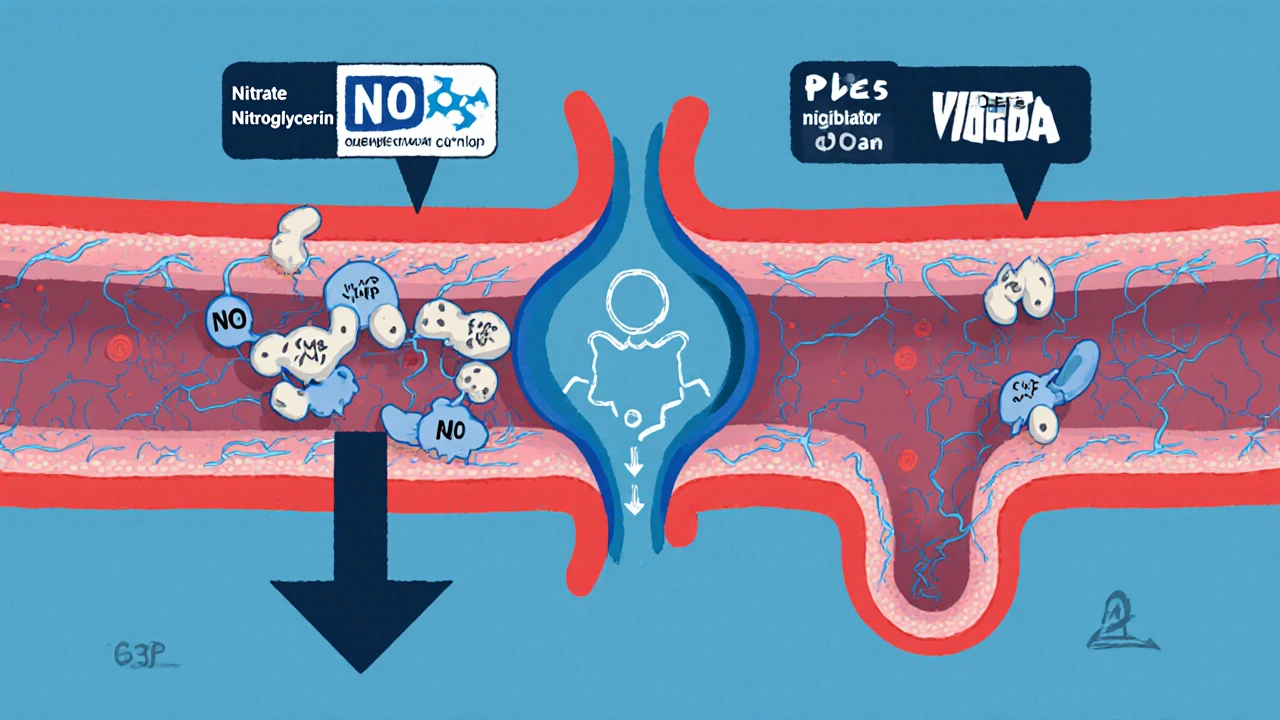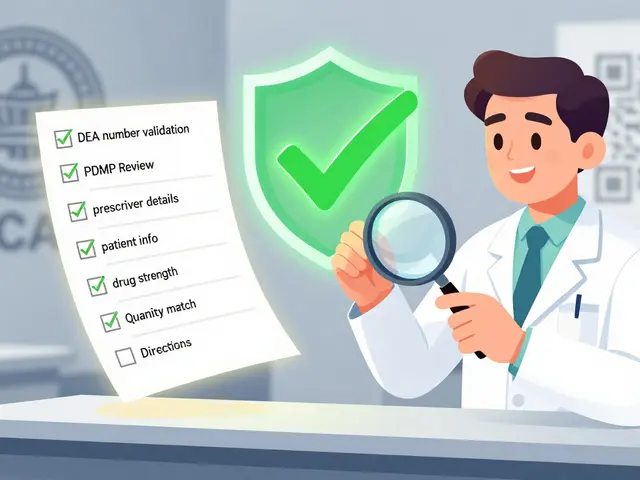Nitrates: What They Are, How They Work, and Why They Matter for Heart Health
When your heart doesn’t get enough oxygen, nitrates, a class of medications that relax blood vessels to improve blood flow. Also known as nitrate vasodilators, they’re one of the oldest and most trusted tools for relieving chest pain caused by heart disease. You’ve probably heard of nitroglycerin — that little tablet you put under your tongue when you feel tightness in your chest. That’s a nitrate. It doesn’t fix the underlying problem, but it gives your heart breathing room fast, often in under a minute.
Nitrates work by releasing nitric oxide, a natural signal that tells your blood vessels to widen. This lowers blood pressure slightly and reduces the workload on your heart. It’s not magic — it’s physics and biology working together. These drugs are most often used for angina, chest pain triggered by physical exertion or stress, but they’re also used in heart failure and during heart attacks. They come in many forms: pills you swallow, sprays you use under your tongue, patches you stick on your skin, even ointments. Each one has a different timing and purpose. Some work fast and fade fast (like sublingual tablets). Others give steady relief all day (like patches).
They’re not without side effects. Headaches are common — so common, in fact, that many people stop taking them thinking it’s an allergic reaction. It’s not. It’s just the blood vessels expanding. Dizziness and low blood pressure can happen too, especially if you’re also taking medications like Viagra. That combo can be dangerous. And over time, your body can get used to them, which is why doctors often recommend drug-free hours each day to keep them effective.
What you’ll find below is a collection of real, practical guides written for people who use or are considering nitrates. You’ll read about how nitroglycerin works, when to use it, how to avoid mistakes, and what alternatives exist if nitrates aren’t right for you. You’ll also find posts on other heart medications — like beta-blockers, calcium channel blockers, and diuretics — that often work alongside nitrates. There’s no fluff. Just clear, no-nonsense info from people who’ve been there, and doctors who’ve seen the results.





